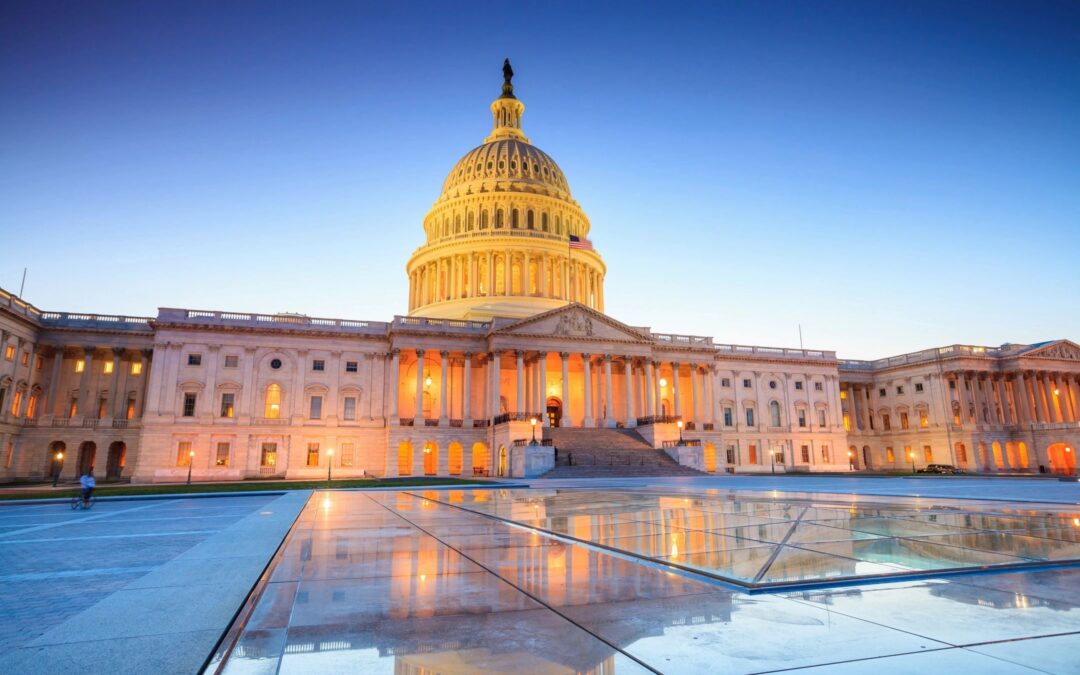By Levent Herguner, Derek Walker, and Matt Johnson –
The Promoting and Respecting Economically Vital American Innovation Leadership (“PREVAIL”) Act has moved to the Senate for a full vote after passing the Senate Judiciary Committee vote 11-10 on November 21, 2024. In celebrating the bipartisan passage of the bill, Senator Tillis, one of the bill’s sponsors, said that the bill will help “maintain the United States’ position as the global leader in technology and innovation,” and emphasized that “we must work with inventors to improve and streamline our patent system.”
The Senate had introduced the PREVAIL Act on July 10, 2023, in an effort to reform several features of America’s patent system. We previously covered the contents of the PREVAIL Act in the blog post available here. As a refresher, the PREVAIL Act seeks reform by narrowing the scope of post grant review in several ways. First, the PREVAIL Act requires parties in Inter Partes Reviews (“IPRs”), before the Patent Trial and Appeal Board (“PTAB”), to satisfy the standing requirements necessary to bring a declaratory action in federal district court. Second, the PREVAIL Act would raise the burden of proof required to invalidate a patent to a “clear and convincing evidence” standard. Third, the PREVAIL act would create an estoppel mechanism requiring parties at a PTAB proceeding to drop any invalidity defenses from pending district court litigation if they could have raised those defenses in an IPR. Collectively, these changes are intended to reduce patent invalidity challenges and make them harder to win.
Since this blog last reported on the PREVAIL Act, there has been a significant amendment on the standing requirement in response to concerns raised by several Senators. Senator Coons, another sponsor of the bill, said that the amendment “ensure generic companies and patient advocacy groups explicitly continue to have access to PTAB to challenge drug patents.” To achieve this goal, the amendment allows non-profits to appear in IPRs as long as no “member, donor, or other funding source that is, or reasonably could be accused of, infringing 1 or more claims of the challenged patent” is involved. The amendment also contemplates cases related to generic manufacturers, allowing anyone who “is currently engaging in, or has a bona fide intent to engage in, conduct within the United States that reasonably could be accused of infringing 1 or more claims of the challenged patent” to petition.
Takeaway: As the PREVAIL Act moves to the Senate for a full vote, the recent amendment highlights a key point of contention: balancing access to PTAB proceedings for generic drug manufacturers and advocacy groups against the Act’s broader goal of limiting patent invalidity challenges. The debate over the amendment will likely play a pivotal role in shaping the final version of the legislation.
Matthew Johnson
Latest posts by Matthew Johnson (see all)
- PTAB Allows Three Concurrent IPR Petitions for Unusual Patent Claims - April 25, 2025
- PTAB Finds Petition Time Barred - April 22, 2025
- Federal Circuit Reverses District Court’s Application Of Collateral Estoppel - April 11, 2025

